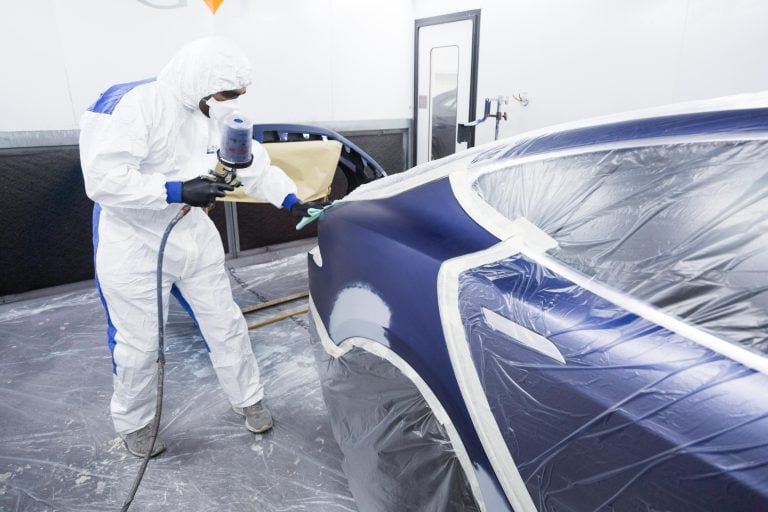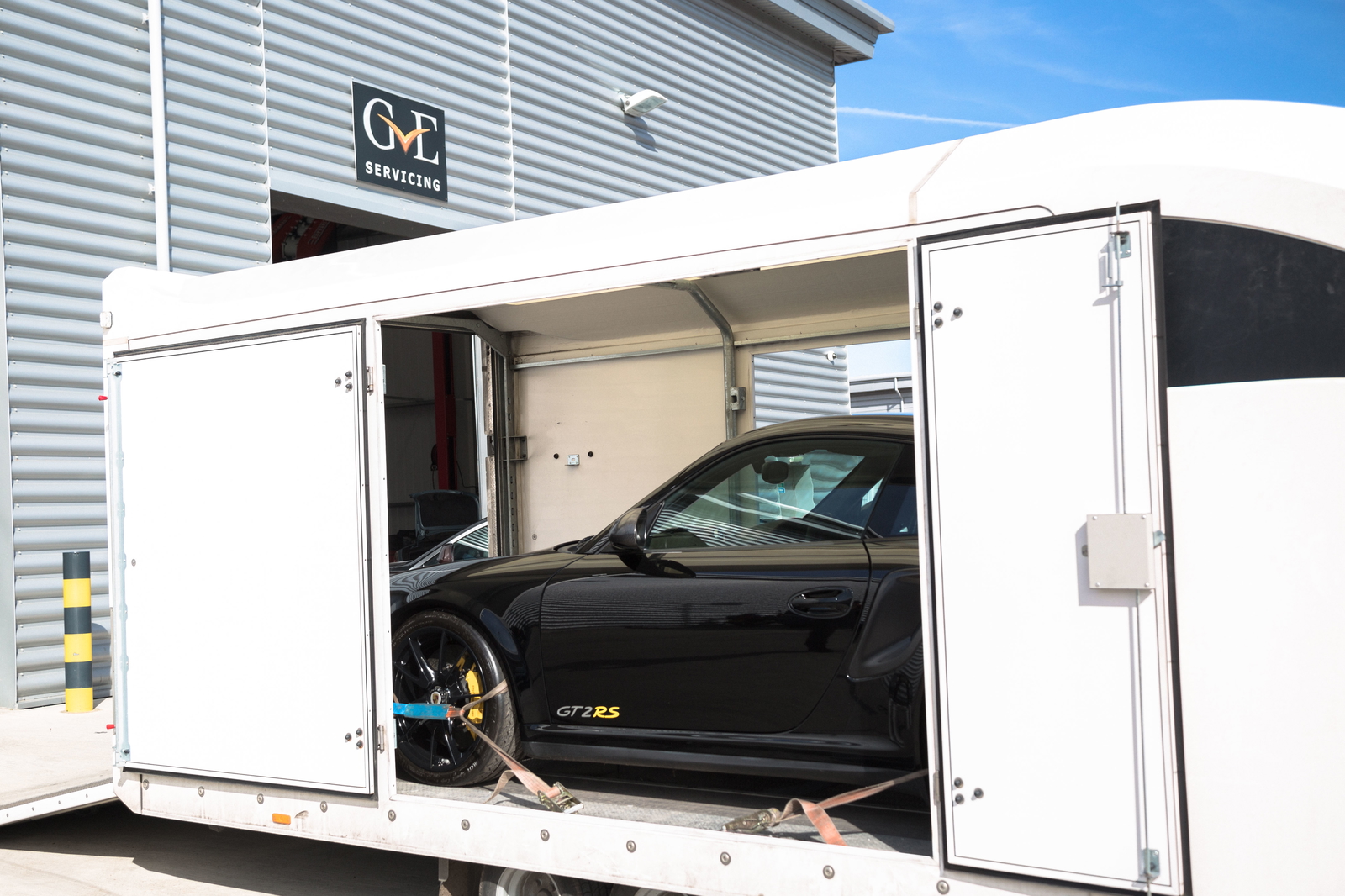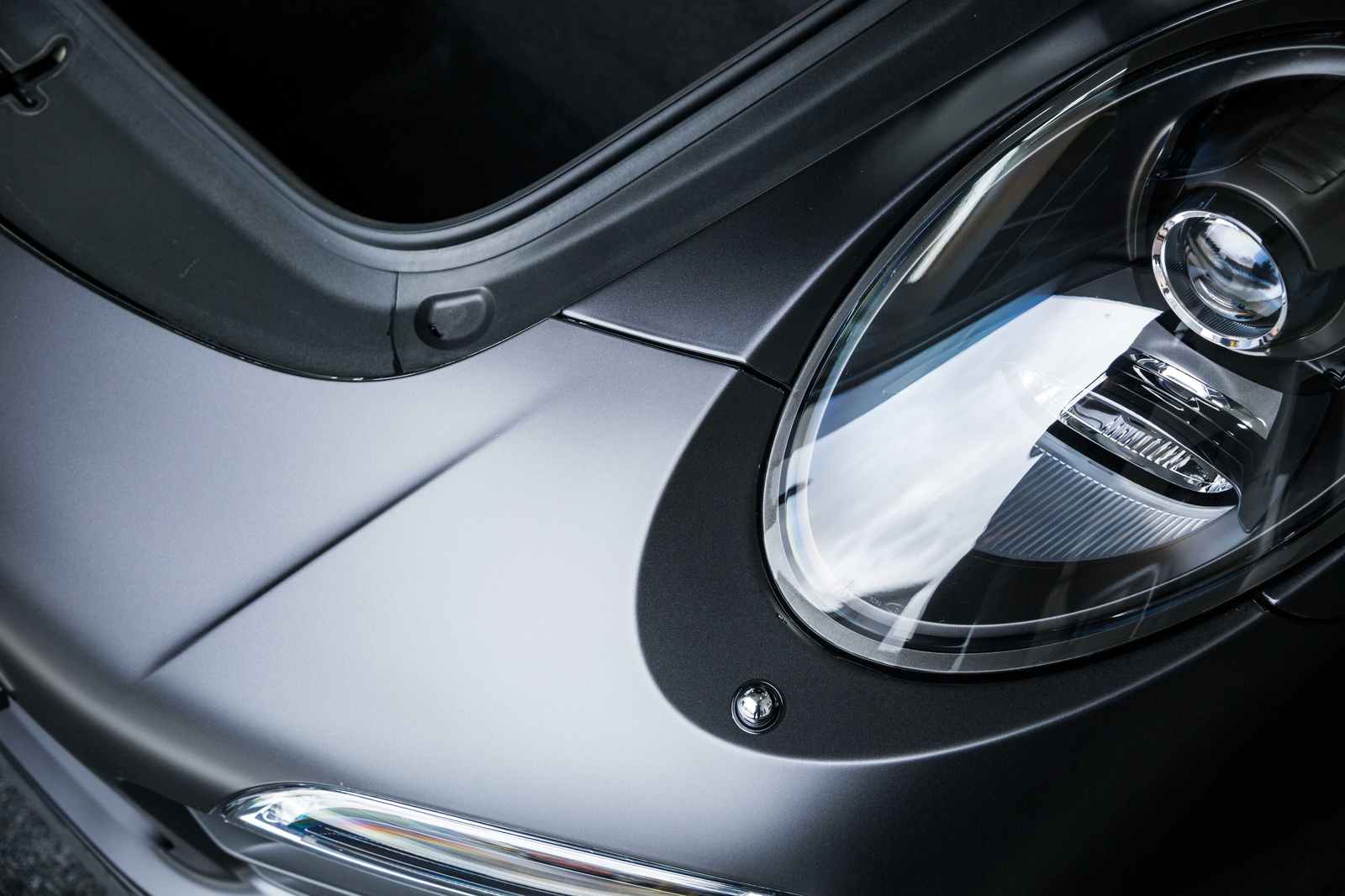- Showroom Case Studies
Understanding UK Car Export Laws: What Every Buyer Should Know | GVE London – Blog
Exporting a car from the UK requires navigating regulations, documentation, and customs. Our guide covers key steps for a smooth, compliant export process.
Exporting a car from the UK is a process involving a series of steps and regulations, making it tough for first-time buyers. The UK involves a few specific regulations and procedures that should be followed during vehicle export and when you deal with supercars or luxury cars, making the knowledge of the rules essential. For those who plan to export a car from the UK, it is important to know about the paperwork, legalities, and compliance needs. In our guide today, we will break down the main aspects involving the Exporting Cars from the UK laws that can help you make informed decisions, avoiding any pitfalls.
Why Export Cars from the UK?
The UK forms the global hub for high-end or luxury vehicles, including premium supercars and luxury brands. Global buyers are often attracted to the markets in the UK due to the varied forms of options available at a supercar showroom like GVE London, the reputation of the appropriately maintained vehicles, and the competitive pricing. The country’s strong car manufacturing industry includes some major brands to ensure that UK cars are prepared for export. The appeal of the UK car exports is not restricted to luxury cars. The varieties and qualities available will make the UK the main location for car buyers and exporters, ranging from family-owned vehicles to high-performance sports cars.
The Legal Framework for UK Car Exports
Knowing about the legal framework surrounding UK car exports is important to ensure a seamless transaction. Luxury Car exports from the UK should follow numerous national and international regulations that cover everything right from documentation to taxes. Let us consider the following essential aspects:
- Ownership Documentation: Exporting cars from the UK requires proof of ownership, which you will get at the trade showroom, mainly in the form of the V5C vehicle registration certificate. The document confirms that the car is legally owned by the seller while clearing up all sorts of concerns about the vehicle getting financed or stolen.
- Vehicle Roadworthiness: Before the car is exported, it should be roadworthy and comply with the UK’s safety standards. However, a couple of countries may have their specific safety standards that should be met at all costs, as the buyers should always inspect the needs of the importing country.
- Export Papers: Along with the V5C, the car seller should fill out and submit the V5C/4 form, which is known as the export notification. It can help inform the Driver and Vehicle Licensing Agency (DVLA) where the car is being exported and no longer requires registration in the UK.
- Exporting Fees and Taxes: Depending on the destination country, buyers will need to focus on the vehicle’s customs duties, VAT, and taxes. It is important to inspect with the local customs office in the destination country to learn about the import taxes and applicable duties of the vehicle.
Read Also: Discover the UK’s #1 Supercar Showroom – GVE London
Choosing the Right Export Method
After sorting out the required documentation, the next step is to choose the right mode of export. There are a few main methods used for exporting cars from the UK:
- Roll-on/Roll-off (RoRo) Shipping: This is the prominent mode of shipping used for exporting cars from the UK. RoRo is the most affordable option, mainly for car exporters.
- Container Shipping: For high-end vehicles or supercars, container shipping is the preferred method due to the added security. The car is loaded into a secure container that helps with transportation, thereby reducing the risk of theft or damage during transit.
- Air Freight: Although an expensive choice, air freight is the fastest way to export a car from the UK. Buyers who need their vehicles quickly or are dealing with rare or high-value models should choose this method. It is specifically popular across the supercar showrooms in terms of dealing with the strict delivery schedules or the distinctive needs of the clients.
What to Expect During the Export Process
Exporting a car from the UK comprises numerous steps that should be followed closely:
- Vehicle Inspection and Preparation: The car should undergo a complete inspection to ensure that it meets the required roadworthiness standards. This includes checking the electrical and mechanical systems, the condition of the car’s body, and ensuring that the fluids are topped off.
- Shipping Logistics: The shipment arrangement involves choosing a reliable shipping company, securing the right insurance, and confirming the method of export that suits your needs.
- Clearing Customs: Custom clearance is necessary after the car arrives at its destination. The process involves presenting the key documents to the customs authority of the importing country. At this stage, the applicable taxes and duties should be paid.
Common Pitfalls and How to Avoid Them
Despite complete preparation, car exports encounter obstacles. The following are a couple of challenges and how to address them appropriately:
- Incorrect Documentation: To prevent fines or delays, ensure that the paperwork, including the MOT, V5C, and export notification, is filled in correctly.
- Customs Delays: Customs clearance is often a lengthy process, specifically when import taxes are not calculated correctly. Try ensuring that you are verifying the applicable duties and taxes of the destination country.
- Damage During Transit: For luxury vehicles or supercars, it is important to choose the right shipping methods and adequate insurance coverage that can help protect the vehicle.
Conclusion
Exporting cars from the UK involves planning, legal compliance, and details. Proper documentation and selecting the correct shipping method, among other things, will ensure that it is done by the process and that no delay or complication sets in. It does not matter whether you’re exporting a family vehicle, a luxury supercar, or maybe just any type of vehicle. Not to mention, in maintaining your supercar either for export or personal use, GVE London really offers world-class services. They can help you export your dream car while maintaining its pristine condition as they are known for their skills in supercar servicing, detailing, PPF coating, custom modifications, etc.
Frequently Asked Questions
A valid V5C vehicle registration certificate is required, a valid MOT certificate if the car is over three years old and a completed V5C/4 notification of export form.
Yes, taxes, including VAT and customs duties, may be levied by the destination country. These will need to be validated and sourced from the local customs office of the importing country.
Yes, for added safety, supercars can be shipped safely via container shipping or air freight. In the case of high-value cars, it would be best if these were brought using secure shipping with proper insurance coverage.
Contact Us
"*" indicates required fields
OUR SERVICES
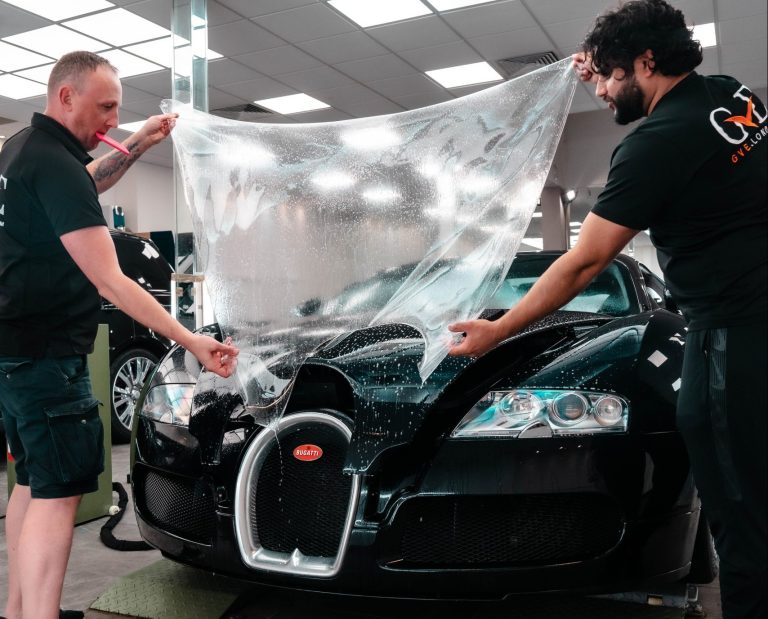
PAINT PROTECTION FILM
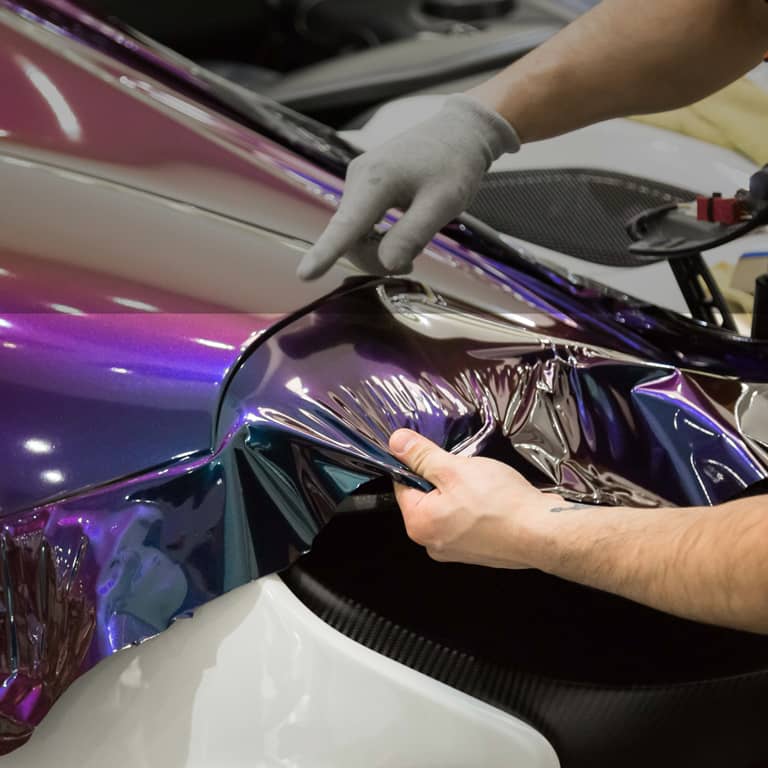
WRAPPING
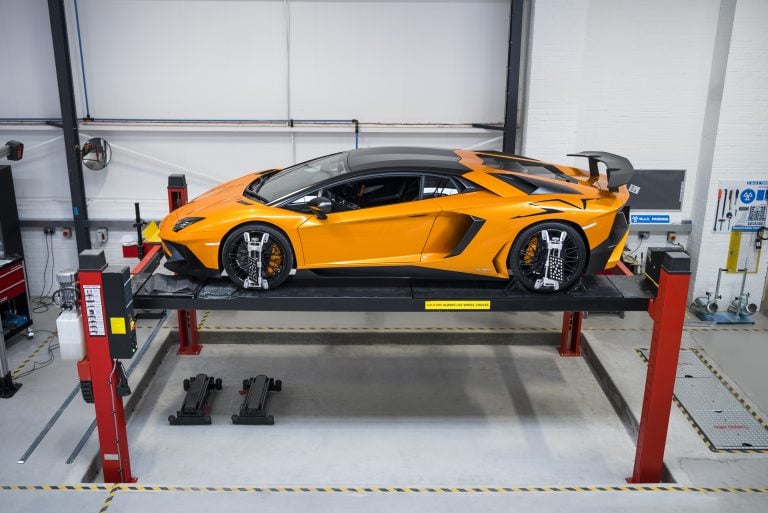
SERVICING
